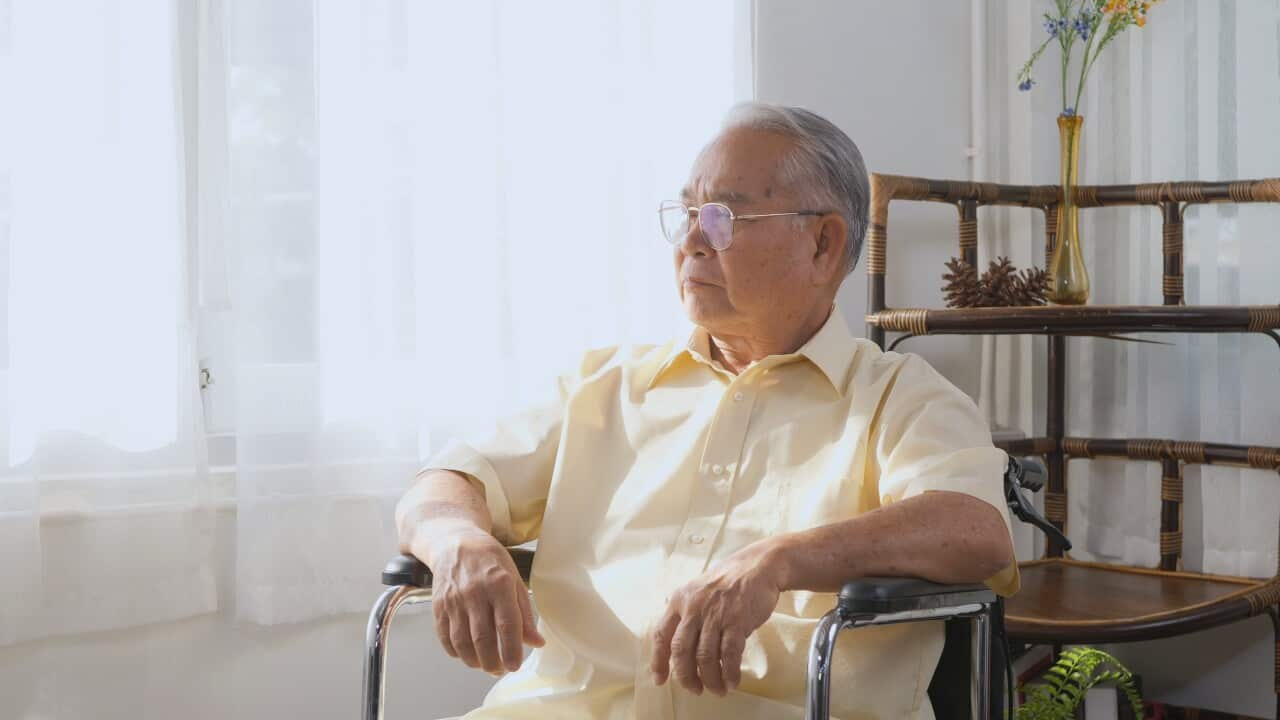Highlights
- There are around 450,000 registered nurses and midwives in Australia in 2021, but the country is experiencing hospital staff shortage as the COVID-19 patient numbers surge
- To work as a nurse in Australia, you need to meet English language requirements and meet the NMBA’s registration standards
- There are separate exams for IQNMs intending to register in Australia as a registered nurse (RN), enrolled nurse (EN), or midwife.
Across Australia, hospitals are desperate for staff to deal with Covid patients. Nurses and midwives are asked to recall their leave and return to work and given excessive hours of double shifts and overtime.
The pandemic has caused staff shortages in the healthcare industry. This is why the country is calling for overseas nurses to fill the demand.
But before you can work as a nurse in Australia, you must have registration or approval from the Nursing and Midwifery Board of Australia (NMBA).
Kristine Dawang, lead nurse educator of a preparatory training centre for Objective Structured Clinical Examination (OSCE), explained that Internationally Qualified Nurses and Midwives (IQNMs) can only get the Australian Nursing registration through the Australian Health Practitioner Regulation Agency (AHPRA).
AHPRA evaluates registration applications very carefully and assesses every single criterion against the registration requirements set up by each board.
Self-Check-in
"Our kababayans need to do a self-check-in first on the website of AHPRA, upon checking in, they will know if they will be qualified to do the Outcome-Based Assessment or OBA"
"Majority of the Filipino registered nurses or those who graduated Nursing in the Philippines choose to take the OBA Pathway," says Ms Dawang.
A non-refundable deposit of AUD 640 needs to be paid to AHPRA to check the documentation and attend the orientation which covers information on the entire process and the Australian healthcare system.
Portfolio
At this stage, candidates must provide additional personal and contact information as well as identification and qualification documentation. You need to upload the evidence and documentation required to support your application such as proof of identity, a summary of your education, licensure, and employment history with supporting documents.
You will receive a referral letter from AHPRA once all documents are reviewed.
Outcome-Based Assessment
Outcomes-Based Assessment (OBA) is a two-stage assessment process: a multiple-choice question exam (MCQ) and an objective structured clinical exam (OSCE).
Stage one is a cognitive assessment, which is a computer-based MCQ exam and is delivered at dedicated test centres. Registered nurses will sit the National Council Licensure Examination for Registered Nurses (NCLEX-RN).
The National Council of State Boards of Nursing (NCSBN) develops and administers the NCLEX-RN through Pearson VUE test centres located in most countries. Applicants must pass the exam to move to part two of the OBA.
NCLEX-RN registration fee is $200 USD, plus an additional international scheduling fee of $150 USD ($350 USD in total) as shown on the NMBA website.
OSCE
Stage two is a behavioural assessment in the form of an objective structured clinical examination (OSCE). The OSCE has been developed to assess that an internationally qualified nurse and midwife demonstrates the knowledge, skills, and competence of a graduate-level Australian nurse or midwife. The examination is managed by Ahpra and is delivered at the Adelaide Health Simulation in Adelaide, South Australia.
The fee for sitting the OSCE is $4,000 AUD.
Eligible candidates who are located internationally will only be allocated a spot to sit the RN OSCE if they have provided proof of valid visa at least 3 months before the scheduled examination dates.
As a former examiner, Ms Dawang shares that the scenarios encountered in an OSCE will become a daily occurrence in their stations. This is why performance and practice are integral parts of the preparation. Preparatory classes also build confidence and critical thinking to ace the examination.
"I think when it comes to preparation, review programs are very helpful. Also, read the OSCE handbook from AHPRA because they share tips for takers especially for the overseas qualified nurses."
Once the applicants clear both NCLEX and OSCE tests, they can apply for the registration with AHPRA and NMBA.
ALSO READ/LISTEN TO:
Disclaimer: This article is for general information only. For specific visa advice, people are urged to check with the Department of Home Affairs or contact a trustworthy solicitor or registered migration agent in Australia.





